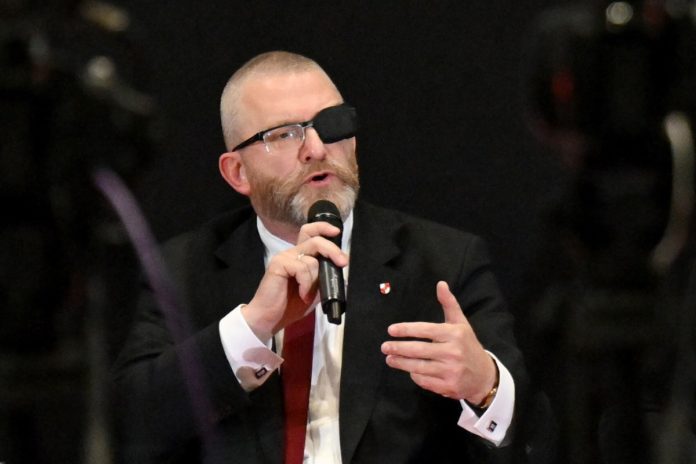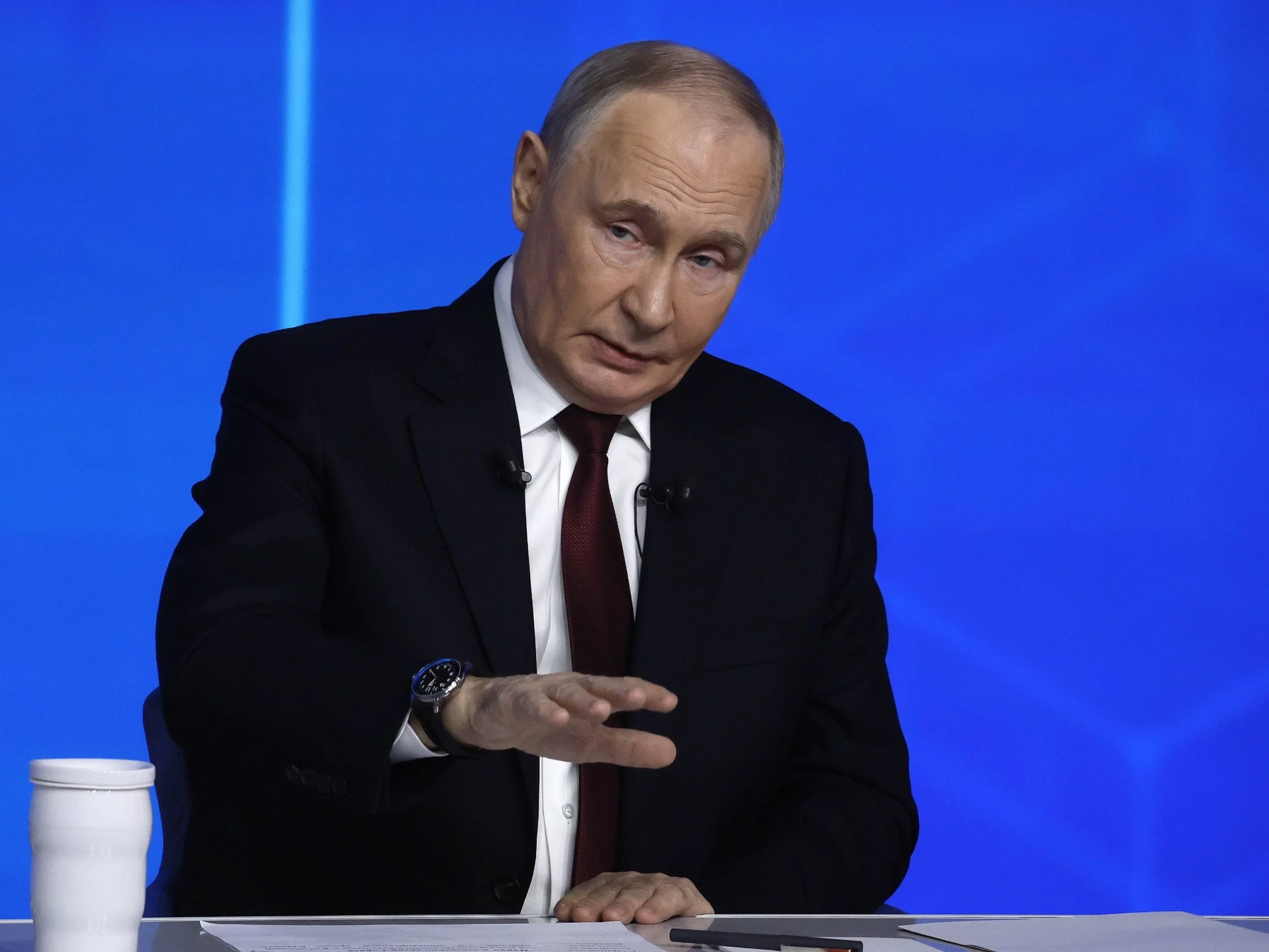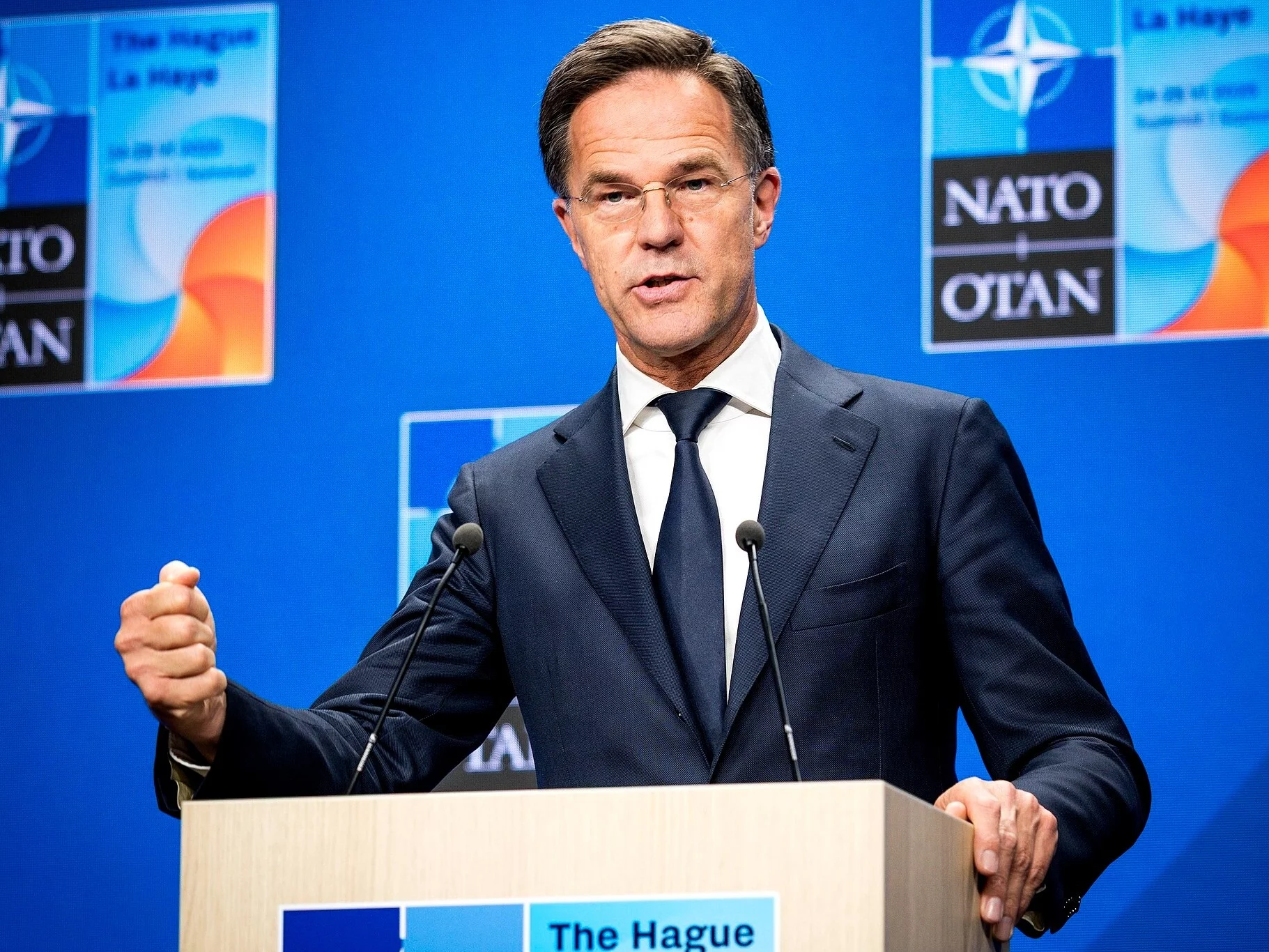Just us! Braun: How do Polish elites sale our independence?
11.11.2025 Marek Skalskihttps://ntime.info/2025/11/11/only-u-nas-braun- jak-polskie-elity-sale-our-independence
 NCZAS.INFO | Grzegorz Braun. PAP
NCZAS.INFO | Grzegorz Braun. PAPThis interview is part of the second volume “1000 years of Poland according to Braun”. In this part, Marek Skalski and Grzegorz Braun will bring you closer to 1 of the causes of the crisis of Polish statehood just before the partitions. You will surely see analogies here and now. any tactics and mechanisms utilized by our enemies have not changed a bit, as has the mentality of all the ointments of the sellers and the compplexed “elite”.
We are finishing work on the second part of 1 of the most popular books of uncompromising politician and manager – “1000 years of Poland according to Braun”. This is simply a unique explanation of the past of our country, as shown by the prism of freedom, sovereignty and Christianity. It's an uncensored story, no taboo themes, no political correctness, shown differently than taught at school. The first volume showed the scenes of the Polish uprising and its improvement in the context of Europa Christianitas. The another discusses the turbulent past of our country in the era of the collapse of the thought of a Christian Europe (the one, the only "European Union" we want...). We're planning a launch for November 24.
Marek Skalski: Let us sink into the planet of the last breath of our Republic, a wonderful task that flourished for centuries. Unfortunately, external and interior enemies did much to destruct it. Eventually, they succeeded.
First the question of general nature. I, as a child, and many of you may have wondered how it was possible that specified a large and powerful state, so well-deserved for Christianity in Europe, could simply disappear. A lead in this context can be found in a multi-page book by Dr. Dorota Dukowicz entitled "Secret expenses of the Russian embassy in Warsaw from 1772 to 1790". It is simply shocking, it shows the mechanics of corrupting Polish elites. How did Polish historians and we find out that this happened?
Grzegorz Braun: The papers of the Russian embassy fell into the hands of the insurgents.
During the Kościuszkowski Uprising, on 18 April 1794, after the escape of the cast of this diplomatic mission...
It was an escape, which was demanded by the very brutal, cruel actions of revolutionaries, due to the fact that at the time it was said: revolution, not uprising. Cruel due to the fact that the butchers chopped the Russians with cleavers and another tools not in the genre of fencing duels. This happened at Easter 1794. The Russian embassy papers fell into the hands of the Interim Deputy Council. any of it went to print. I have a feeling the author you brought up reached out to those newspapers that appeared.
Yeah, due to the fact that they've published earlier expenses for the '70s, '80s, but the second aren't, because... they were involved.
It was a large line. besides much is not healthy. On this list was the lover of Father Hugo Kolłataj and the king himself.
There was besides the secretary of the king who carried out certain things. It's shocking that the constables came after the first dismemberment they made a deal and created alleged common money. caisse commune, as they called it with French. There are findings in the papers that the Russian ambassador offered a contribution of 100,000 ducats.
The Prussian king Frederick the large (great, but not besides generous) refused to pay, bargained. Eventually, they collected 30,000, together nearly 100,000 ducats. Of course, there are circumstantial names, they had a very long list of jugglers. Reports went straight to the Tsaric, then it changed and went to the abroad Minister, Mr Panin. Catherine frittered over all name, lingering, or certain money is needed here, especially since there was a war.
Techniques appeared to have paid circumstantial amounts twice a year – for the 3 Kings and for Saint John. On the list of jugglers there were marshals of all Sejmes, especially the post-marriage parliament, which sat for 2 years, during which Rejtan appeared. The Reitana was besides tried to bribe, but he said he would not accept the money, but he would give it to Marshal Poniński so that he would not let it to be accepted. Adam Poniński, Michał Radziwiłł, they were marshals of the Sejm from the Crown and from Lithuania. It occurred that even the juggle widows received a kind of pension, in evidence of merit after their husband, after 200–300 ducats.
What a shocking procedure, which allows us to conclude that the cuts took place in secret offices before their effects were yet communicated to the world. How mercilessly and discreetly, according to their interests, Frederick and Catherine acted. Namely, they worked things out so they wouldn't get in the way and, God forbid, overpaid. So it's not like someone's in 1 pocket is taking from St. Petersburg and the another from Berlin.
Everything was written down. There were arrangements between diplomats of individual powers. rather comic were the disputes, who should pay for whom, but my point is that practically the full elite of the Republic was, unfortunately, bribed straight and brutally. It's not delicate proposals, it's just these people came to the embassy, they came to the message. erstwhile Stackelberg took over the facility, he said only six bribers succeeded in inheriting from his predecessor, now he must grow the pro-Russian party... And people applied, and the embassy decided whether or not there was any point in getting them on the jury list.
An example is the Repninian Sejm in 1767. Already at the level of the Sejm, the emissaries of the Russian embassy appear at the meetings. We have concrete examples of the Polish Seymik Proszowice, or Krakow or Oświęcim, on which emissaries bribe noble brothers. That's what's happening. Repnin writes: "130 Members elected to this parliament are right, 58 questionable and only 44 hostiles". The thought was to sign the warrant treaty, which was yet signed and ratified and which de facto meant that the Republic of Poland became a protectorate of the Empire of the All-Ruses. That's how it was done. This will lead to the creation of the Bar Confederation in the following year.
Then the case of the bishop of Soltic and his companions kidnapped, deported and imprisoned in Calud.
Bishop Kajetan Sołtyk, Bishop Andrzej Załuski, Field Hetman Wacław Rzewuski and his boy Seweryn – "The MPs were in broad daylight during a parliamentary gathering kidnapped by Russian soldiers and transported to Kaluga for 5 years. I don't think we will find a akin example in Europe's history. This has caused a clear stir in the vast masses.
But the possessors are very clearly speculating on our interior tension exchange. The key tension is, of course, the tension of Catholics – Protestants. That's why the Russian ambassador bet both sides in this conflict. On the 1 hand, it patronises the Radom Confederation, on the another hand, the Toruń Confederation. This is, you can say, PiS-PO, Poles being forced on each other. On the 1 hand, they play the function of money, and on the another hand, authentic sentiments, sentiments. And the possessors perfected these speculations, this interior play of Poles.
I think they besides minimized costs due to the fact that the list of jugglers is tiny money, and it was all about money from the Polish world. Let us add to this the activity of judaic banners at the general and on the seyms. The Kahalas were urged by the Sejm of the 4 Lands, i.e. by the authority of the Talmudists, to defender the judaic interest in Poland, i.e. to bribe whom it is essential in time, even at the level of the Seymites. These are mechanisms of corruption in a literal sense and corruption. Violation of procedures, disorder of procedures, due to the fact that in specified a situation all parliamentary votes simply are not a reflection of anything another than will from the outside, broadcast, imposed.
Second thing – Masonic lodges drag part of the Polish elite to the side of opponents of maintaining conventional legal forms of the Republic under the pretext of enlightenment, improvement and renewal. This is an crucial nuance. As in our times, supporters of the sale of the sovereignty of the Polish nation, undermining the independency of the state, have their own – utilizing the terminology of the classical of Miłosz "Enslaved Mind" – ketman, which is advancement and even development. Hence the sale of Poland, the sale of the political elite with the soul, body and wallets of all the European Union's fellow countrymen. due to the fact that only within this strategy – they say – Poland can become modern. On the another hand, NATO-Wski ketman. Only under the North Atlantic Pact can we keep independency and guarantee security. These are precisely the same 2 ketmans that from within hollowed the Republic of Poland in the 18th century.
The Polish elite accepted the Russian and Prussian dictatorship. The Prussians tried to join the table due to the fact that Catherine was convinced that she would have Poland exclusive. It was essential to provoke May 3 so that the Prussian party, which first led the patriots, would rip out its part of cake that would not have gotten to them. I will return to the main thought that then many believed that Poland would not be safe, that the Rzeczpospolita would not last unless it was covered by the warrant of Empress Catherine and the brightest Prussian king, to which later the Habsburg Empire shuffled, but besides very many are convinced, as present the creators of the series "1670" (the Netflix platform), that all this is worthless, that it is worthless spitting or otherwise just spitting is worth that Rzeczpospolita is simply a relic of the past, with which it is essential to part as shortly as possible.
There's nothing to regret. It is simply a spirit that was spread in a alternatively spectacular way, this proselytism of Eurocouchos. In the "Gazeta Wyborcza" in the 1990s, there was an article that the partitions had a large advantage for Poland, due to the fact that they provided us with the promotion of civilization.
Enlightenment.
A growth leap. This spirit present prevailed over the Polish political scene and it is precisely the same spirit that is released from the bottle. The demon of progression is released in Masonic lodges, in the 18th century. Therefore, many do not cry in the Republic. That's why Rejtan's lonely. Everybody skips him, kicks him with a shoe.
The celebrated character of Adam Poniński, the marshal of the Sejm, who shows him the way out. It is simply a juggler: 3000 ducats a year.
But this juggler has earned himself a strong explanation that what he does is right and so salvific for Poland, due to the fact that Poland, if it is not covered by the warrant of the empress, if it does not open to trends of modernity from French and English beds, is not worth defending. This is the Czartoryski Spirit, whose candidate for king is Stanisław. The 3 horoscopes placed over King Stasia's cradle by his holy father show that this enlightenment is simply darkening and all of the procrastination is simply a large mental, intellectual regression.
Father Stanisław Poniatowski belonged to the organization that supported Leszczyński and the pro-French party, so the enlightenment trends were very close to him and this had an impact on the upbringing of young Stanisław, the later king.
I said yes, there was a improvement and a rescue attempt, but it was a treatment of plague cholera. I would like to point out 3 milestones around the neck of the Polish nation in the 18th century, and these milestones, which are indicated as highest achievements of that period. What were the milestones? Committee on National Education, National Theatre and Revolution 3 May. Let's give each of these points a separate paragraph...
============================================================
The text is an excerpt from the book entitled "History of Poland according to Braun" – Volume II. Book to be purchased in pre-sale only on page shop-independent.pl and by telephone 731 555-039. The cost is only 45 PLN!














